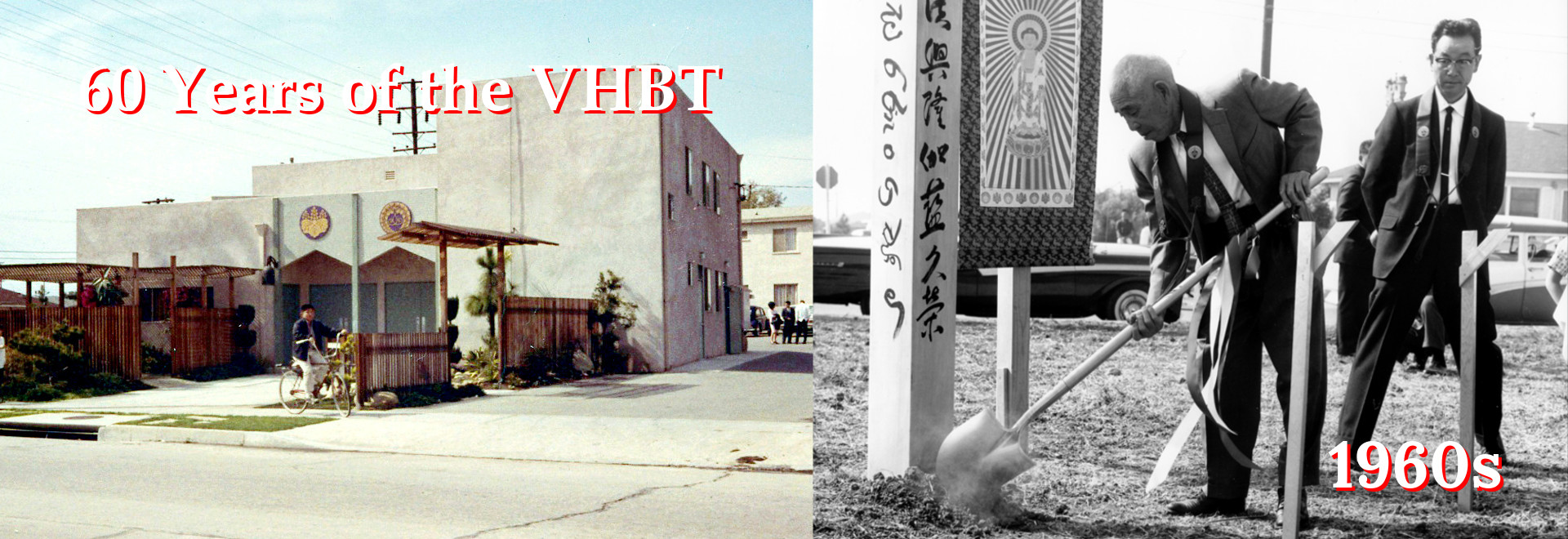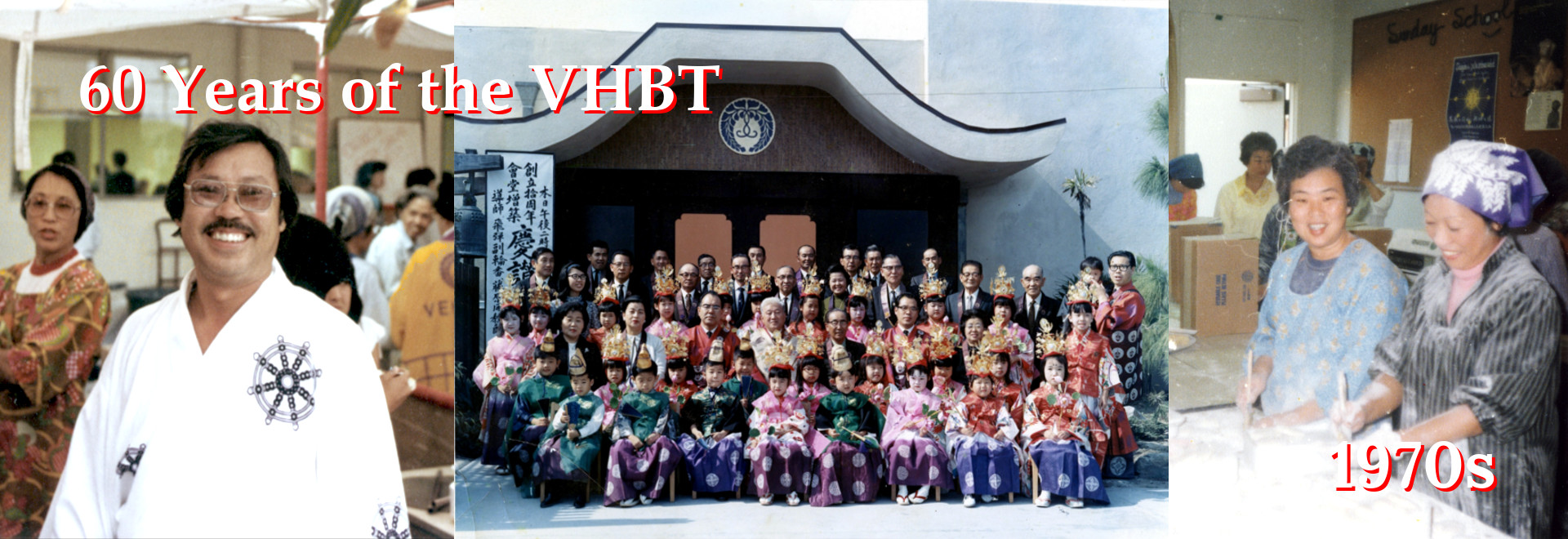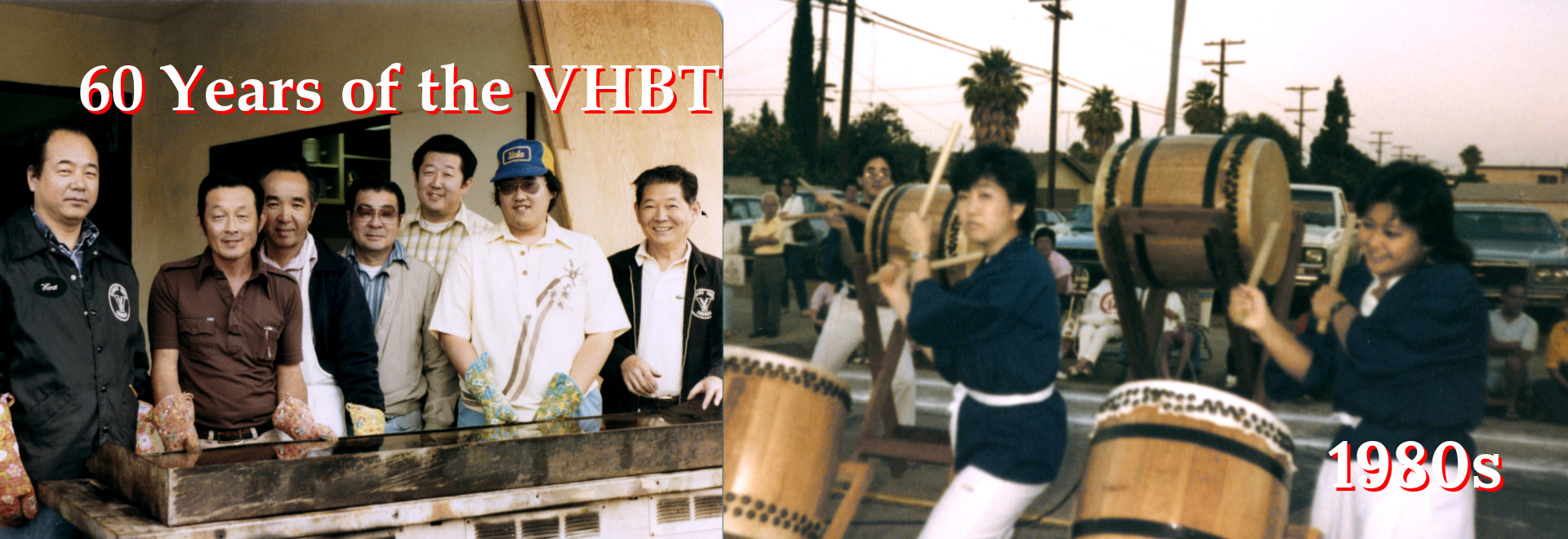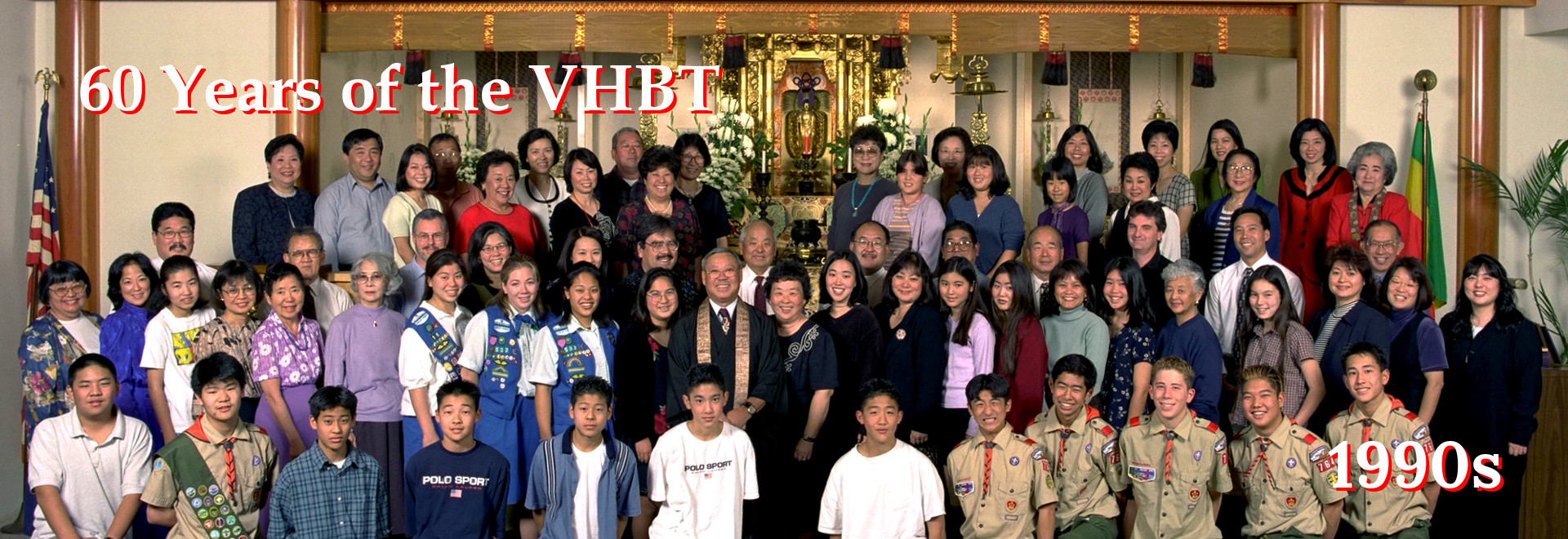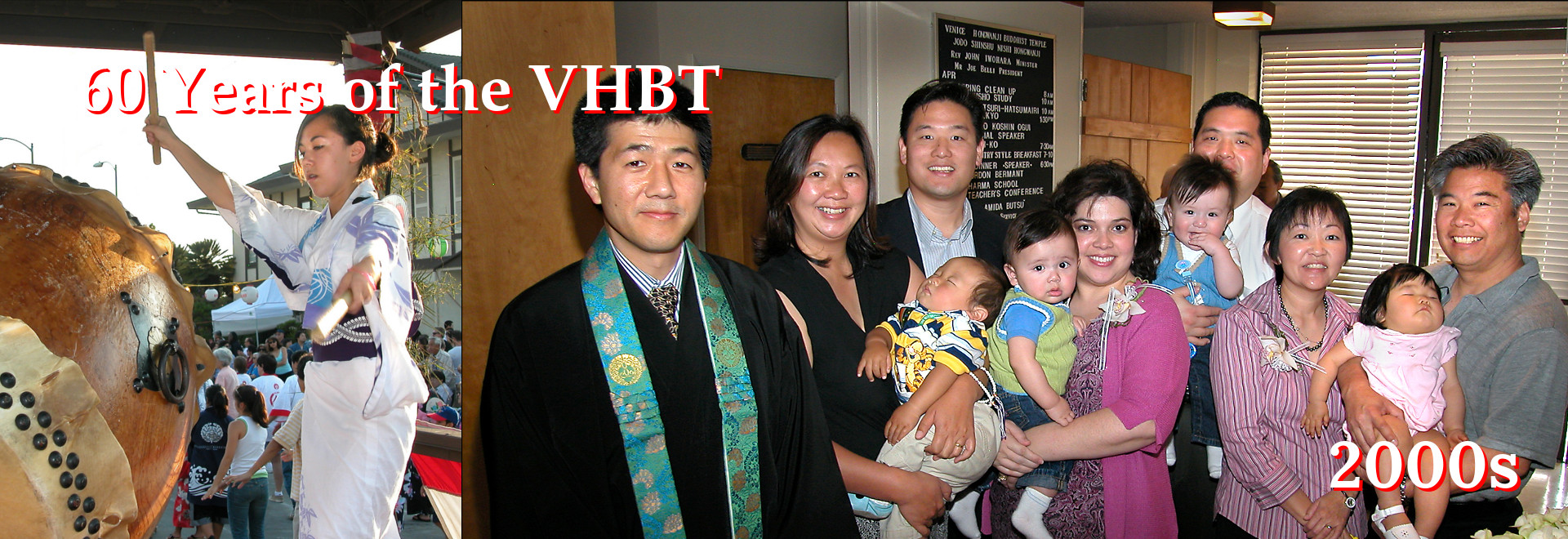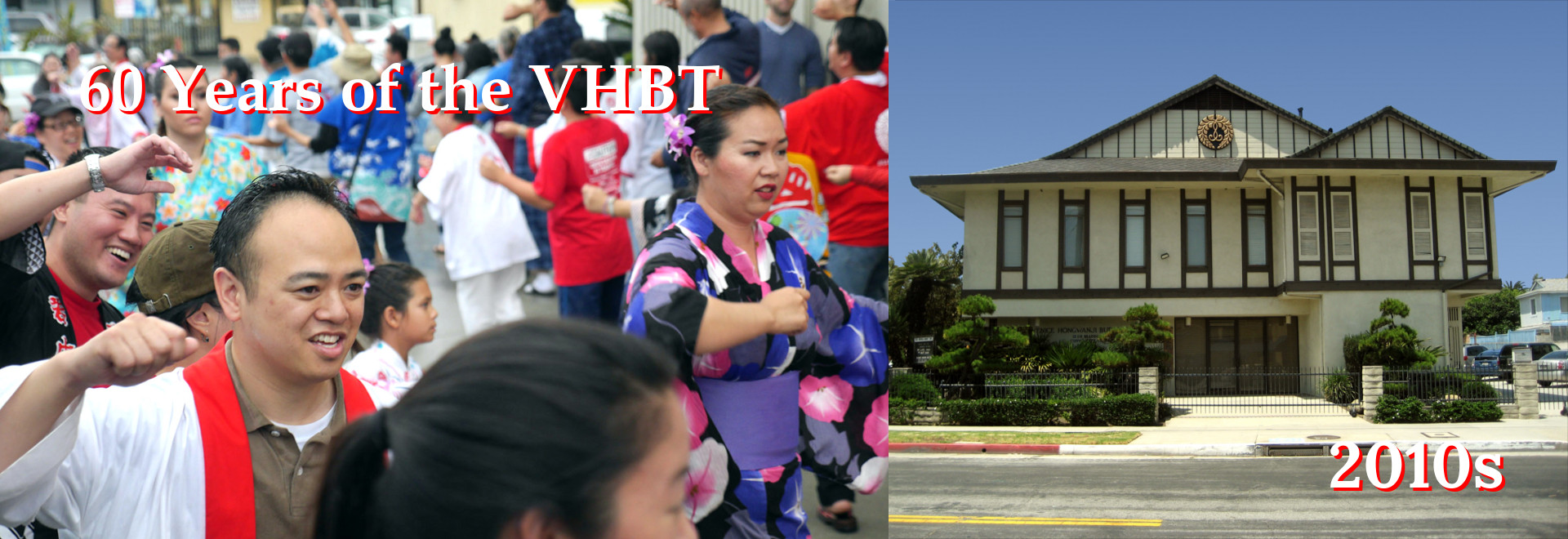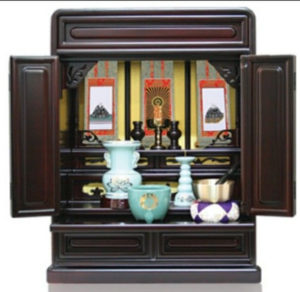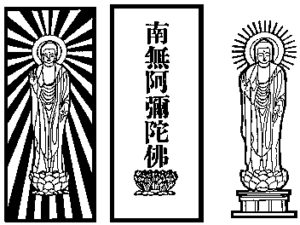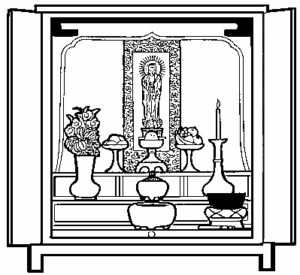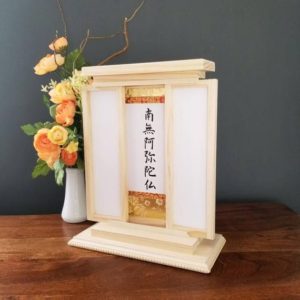March 2020 has awakened a new era for the world. This awakening is the exact human issue that we as Buddhist have been dealing with since birth. Do you know the issue I am referring to? This issue is the truth of life. IT IS FRAGILE and IT IS IMPERMANENT. The emerging of the virus has changed our thinking, but most of all changed our lives. The past 3 months have caused us to stay at home. In this effort to keep ourselves and others safe we have removed ourselves from the regular routines that we are accustomed to. Many of the people around us have rarely left their homes.
Let us think about this new life. Do you remember simpler times when there was only school or work? You might have spent your days. I have and started to imagine the settlers that first moved to and work the land. I think about the farmers that had no one except themselves. Have you thought about what life was like back then? What kind of material possession would have? What would you have needed? Start to apply these questions to your life today? Do you have everything you need? Many of us probably do have most of our day to day items covered. This simplified existence has greatly helped us to realize what is valuable or even more importantly helped us to see what we deeply want. What is valuable is our health. What we deeply want or crave rises to the surface when we are deprived of it. Not all of us have been able to receive a hug or even a handshake. Have you felt like it would be nice to get one?
In the Dhammapada it states:
The mind is difficult to control; swiftly and lightly, it moves and lands wherever it pleases. It is good to tame the mind, for a well-tamed mind brings happiness.
Verse 35 Annatarabhikkhu Vatthu
Before Jodo Shinshu, life 800 years ago for most Buddhists was living away from others and society. This allowed them to practice, to concentrate, and to focus. I think we are finding out how hard it is to control the mind. We are reminded of how much we really do not need, but we do want. We look to the future for better times or an easier life. When we do this it is actually causing us more problems and diverts us from a truly happy life.
Today we are getting a taste of what it was to be isolated. What feelings are you feeling? Sometimes there maybe some angst, some frustration, and also some calm. This calm comes when we relax and accept life as it is. I constantly tell myself that there is nothing that I can do except to be here and now. I hope these thoughts and quickly changing desires help awaken us to recite the Nembutsu, Namo Amida Butsu. As we continue to live this life with limited contact, it is ok to be human reach out to others. In Jodo Shinshu, we have many tools to help us through these trappings of the mind. One of these tools is to have an Obutsudan. Below is a description of a Butsudan.
In Jodo Shinshu, a box containing a statue or picture of Amida Buddha or a scroll with the characters NaMo AMiDa Butsu(南无 阿弥陀 佛) written on it. The Butsudan can range from a simple scroll to wooden boxes of varying degrees of carving and embellishments. Traditionally, each Buddhist family has a Butsudan which is placed in a prominent place in the home or in a special room. Daily offerings are placed in or in front of the Butsudan and daily rituals are conducted. Records of deceased relatives and their memorial dates were kept in the Butsudan drawer and all family gatherings first centered around the Butsudan.
Butsudan: The Buddhist Altar
How is having Butsudan helpful? Have you ever sat and relaxed in front of the Naijin or temple altar? We are not monks. We are not accustomed to this new life yet. By reflecting on the life of a monk we can see how far from a Diamond like mind or Buddha mind we are. Having a Butsudan in the home provides us a contemplative tool to help us to internalize the Buddha’s teachings. With Amida Buddha in a central place in the home, we are able to use the Jodo Shinshu template of living with Wisdom and Compassion to guide us through our efforts. We have limited our activities, and our exposure. This has led to the need for all of us to work together, support one another, and to awaken us to the True Joy of Being Alive.
Gassho. Namo Amida Butsu
Rev. Kory Quon
Venice Hongwanji Buddhist Temple
July, 2020
